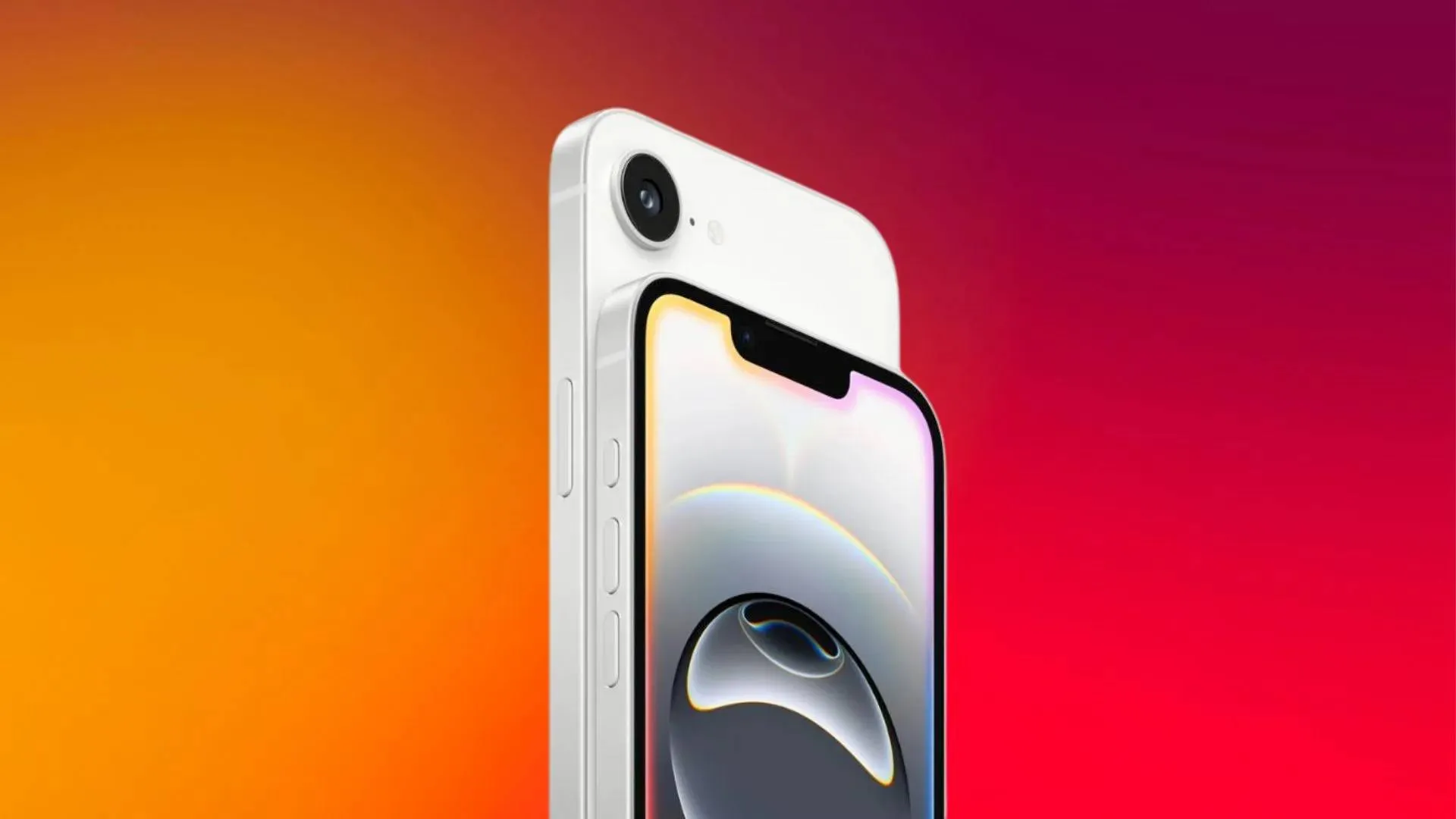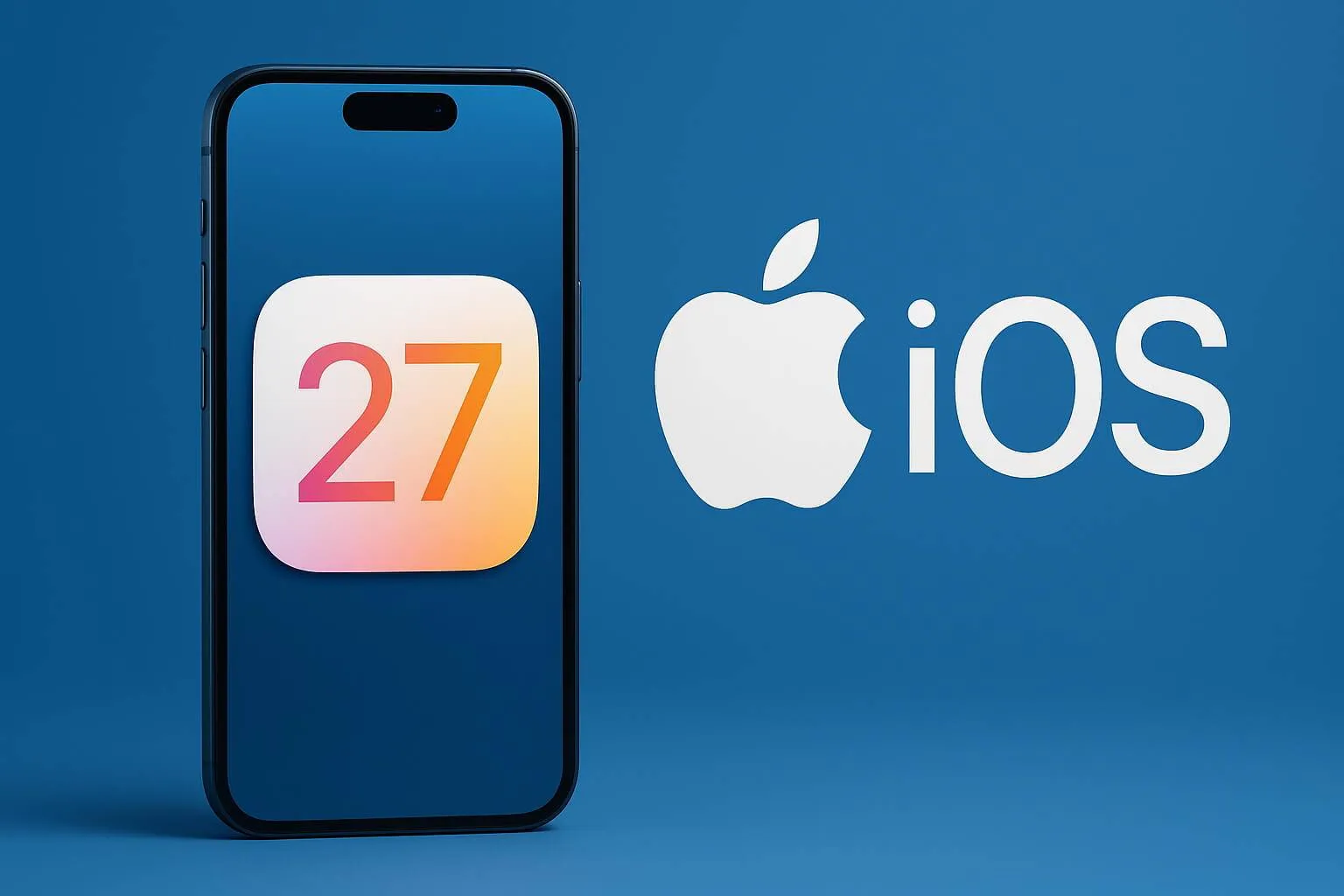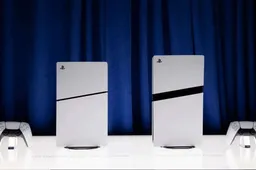Emotional AI: Microsoft's Boss Aims to Transform Windows & Office with Copilot
TechMonday, 30 September 2024 at 03:58
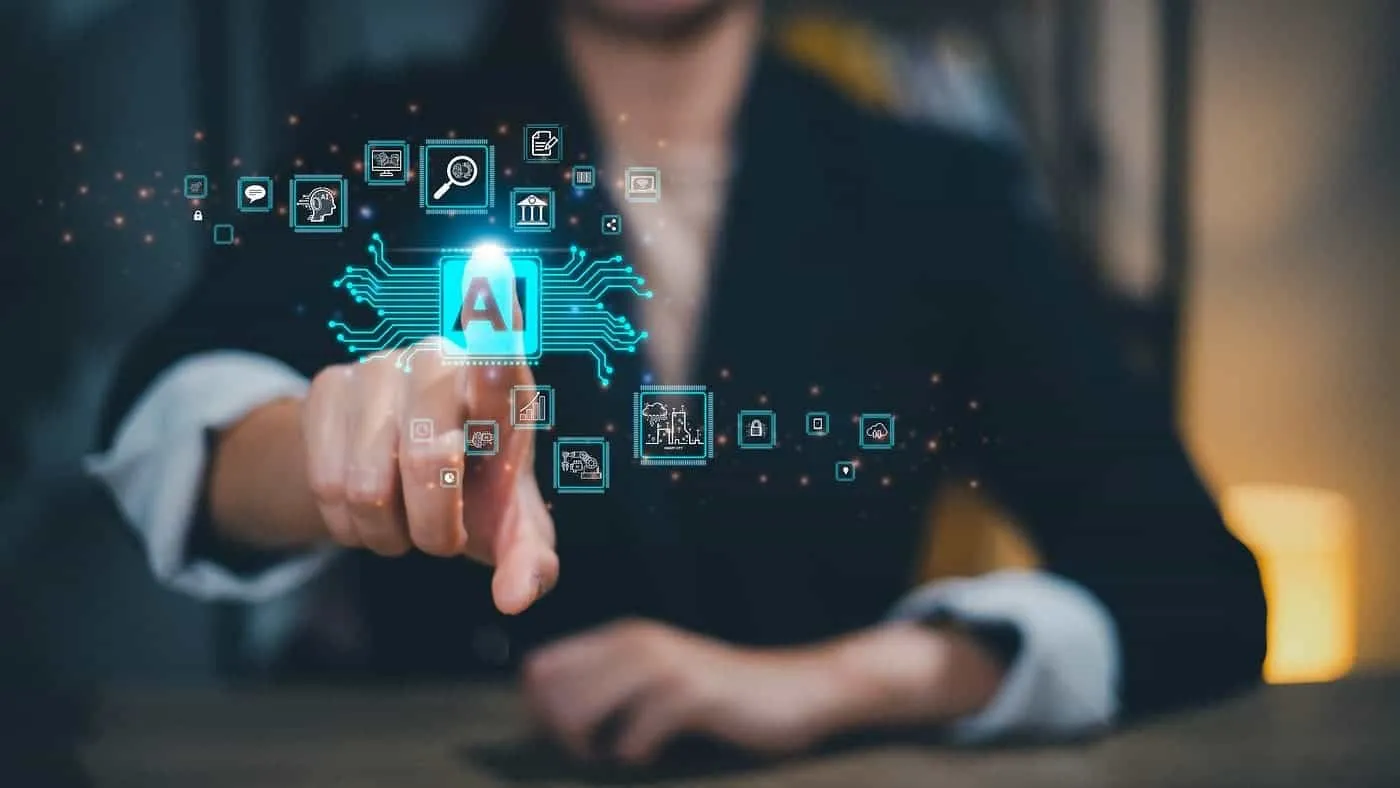
Mustafa Suleyman has been a key figure in artificial intelligence (AI) for many years. He co-founded DeepMind, a British AI company that Google bought in 2014. At DeepMind, he helped create new ways for computers to solve hard problems. One of their big successes was AlphaGo, an AI program that beat the best human Go player in 2016. This showed how AI could learn and improve through feedback.
Now, Suleyman leads Microsoft's AI division. He focuses on bringing advanced AI into everyday software like Windows, which powers most personal computers around the world. One of the newest tools from Microsoft is Copilot, an AI assistant designed to change how we use computers.
New Features of Copilot
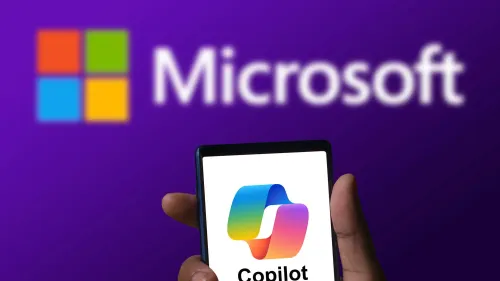
Microsoft has added new features to Copilot, making it more helpful. These updates include a human-like voice, better reasoning skills, and the ability to "see" what's on your screen. Suleyman sees this as a big shift in AI technology. He explains, "AI can now see what we see, hear what we hear, and talk in the same way we do."
This means AI will become more like a companion. It will help users over time, providing support, advice, and even emotional help. Suleyman says this idea of AI as a supportive partner is something he has believed in for years, even before his time at DeepMind.
One of the key features in the new Copilot is Copilot Vision, which is currently available in a trial mode for Pro users. This feature allows the AI to understand what’s on your screen. For example, you can ask, "What’s that thing over there?" while pointing at something, and the AI will respond in real-time. This could make using your computer easier, as you won't always need to type commands or search through menus.
Privacy and Copilot Vision
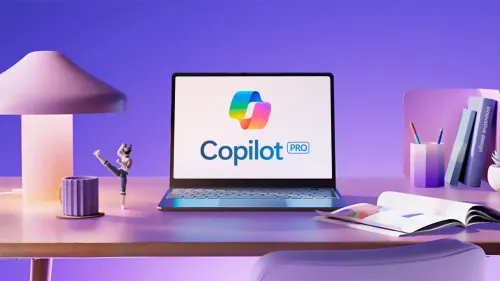
Even though Copilot can "see" your screen, privacy is a priority. Suleyman explains that Copilot Vision does not save anything from your session. Once you close the browser, all the information disappears. "We don't save any material with Copilot Vision," he says, ensuring users that privacy is protected.
However, he also notes that some people might want to save these interactions in the future, especially when working with pictures or documents. "A lot of people do want that experience," he says, hinting that this could be a feature in the future. But for now, privacy remains the main focus.
Think Deeper: Solving Complex Problems
Another new feature in Copilot is Think Deeper, which helps the AI handle more difficult tasks. This tool uses OpenAI’s Strawberry model, which Microsoft has adapted for everyday use. Think Deeper allows Copilot to do things like compare different options side-by-side and solve more complex problems.
Suleyman explains that while OpenAI’s models are great for solving scientific and math problems, Microsoft’s version is aimed at helping regular users. "We’ve tried to focus on side-by-side comparisons and consumer analysis," he says. This feature allows the AI to help users make decisions by laying out information in a simple way.
Microsoft Employees Are Testing Copilot
Microsoft employees are already testing the new version of Copilot. They are giving feedback to improve the AI's features and usability. According to Suleyman, the feedback has been very positive. "Everyone is using it, and our feedback channels are full," he says. The team is excited to see how people are interacting with the new features.
Clippy and Copilot: A Look Back
When talking about AI assistants, it's hard not to think of Clippy, Microsoft's virtual assistant from the late 1990s. Suleyman recalls a conversation with Bill Gates, where Gates joked, "You’ve misnamed this AI. It should be called Clippy." Suleyman laughs but notes that today’s AI is far more advanced than Clippy ever was. While Clippy was often seen as a nuisance, Copilot aims to be a helpful, trusted tool for users.
The Future of AI: Autonomous AI Agents
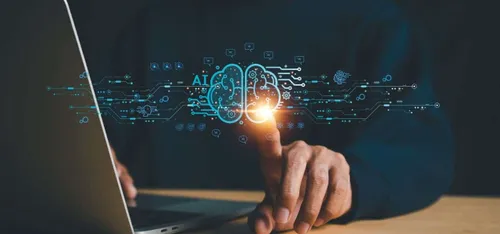
Suleyman sees a future where AI assistants like Copilot become fully autonomous. These AI agents could take on more complex tasks, such as interacting with other services, making purchases, booking appointments, or even managing schedules. "The next stage is AI having a long-term memory and understanding users over time," he explains. "Then, it will be able to take actions like buying things or planning schedules."
Microsoft is already testing some of these capabilities in the lab, but there are still challenges. While the AI can perform tasks like making purchases some of the time, it isn’t yet reliable enough for everyday use. Suleyman jokes about the possibility of the AI accidentally making a big purchase, saying, "I've seen some stunning demos where it can buy things, but also moments where it doesn’t know what it’s doing."
Building Trust and Security in AI
Suleyman believes that the biggest challenge for AI is building trust. "The key is to make technology that people trust, especially when it's such a personal experience," he says. Ensuring that AI assistants are secure and respect privacy will be essential in gaining users' confidence.
Once people trust AI, Suleyman believes the possibilities are endless. He envisions a future where AI handles not only simple tasks but also more complicated ones like negotiating contracts or managing multi-step schedules. "That’s what we’re working towards," he says. A future where AI is a trusted companion, helping us manage our digital lives efficiently and securely.
Loading
